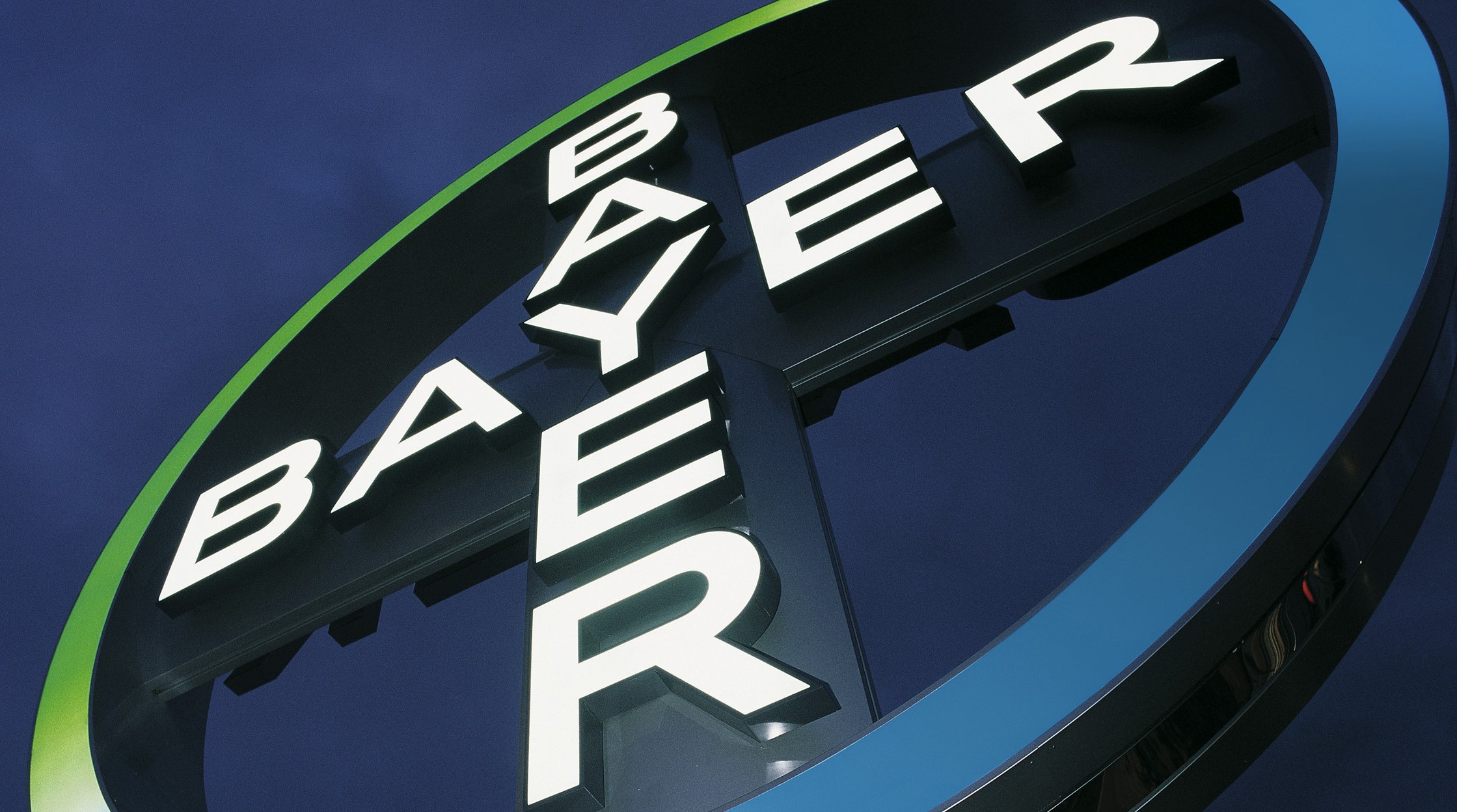Bayer takes novel deep vein thrombosis drug into phase 2

Bayer has started proof-of-concept testing of a potential new therapy for patients with deep vein thrombosis (DVT) that works in a different way to current drugs.
The German group has started a phase 2 trial – called SIRIUS – that will look at the effect of its anti-alpha2 antiplasmin (anti-α2ap) antibody BAY3018250 in patients with DVT, which occurs when a blood clot forms in one or more of the deep veins in the limbs, usually the legs.
Along with being painful, a DVT can be very serious because the clots can travel to the lungs and cause a life-threatening pulmonary embolism.
BAY3018250 blocks the effect of α2ap, the main physiologic plasmin inhibitor in the body and an integral part of the blood clotting mechanism, helping to dissolve clots in situ. High levels of α2ap have been linked to poor outcomes in various cardiovascular diseases, including ischaemic stroke.
Bayer is hoping that the antibody could provide an alternative to thrombolytics like t-PA, which are only moderately effective at dissolving blood clots in DVT. Thrombolytics frequently cause mild or moderate bleeding complications, and sometimes major complications, and are not suitable for every patient.
“We are excited to advance our anti-α2ap antibody to the next stage of clinical development in patients with deep vein thrombosis,” said Christian Rommel, Bayer’s R&D chief.
“This study will also help to better understand if the anti-α2ap antibody is suitable as a thrombolytic to treat patients in indications of high medical relevance,” he added. “By targeting alpha2 antiplasmin, we will have a more precise approach to modulate plasmin to break down thrombotic blood clots.”
The placebo-controlled SIRIUS trial follows a first-in-human study that backed up the safety of BAY3018250 and will enrol around 250 patients with proximal DVT – in other words, clots that occur in the veins of the hip, thigh, or knee – and have received standard anticoagulant therapy.
Ultrasound scans will be used to evaluate the clot burden before and up to 90 days after treatment, and the patients will be randomised to either placebo or one of two doses of BAY3018250. The main outcome measure will be how effective the drug is in dissolving blood clots, as well as safety, including the risk of bleeding complications. Results are expected in the first half of 2025.
Stroke, meanwhile, is another tantalising potential indication for the drug, assuming it advances further through development. Along with being a risk factor for stroke, high α2ap levels have also been linked to a lower success rate with thrombolytics for acute ischaemic stroke – currently the only approved therapy to restore blood flow to the area of the brain where the blood clot forms.
Bayer has a strong track record in thrombosis, with the development of Johnson & Johnson-partnered Factor Xa inhibitor Xarelto (rivaroxaban), a direct oral anticoagulant (DOAC) that is Bayer’s top-selling drug with sales of around €3 billion ($3.2 billion) in the first nine months of 2023.
Xarelto is facing the onset of generic competition, however, with patent protection due to expire in 2026.












